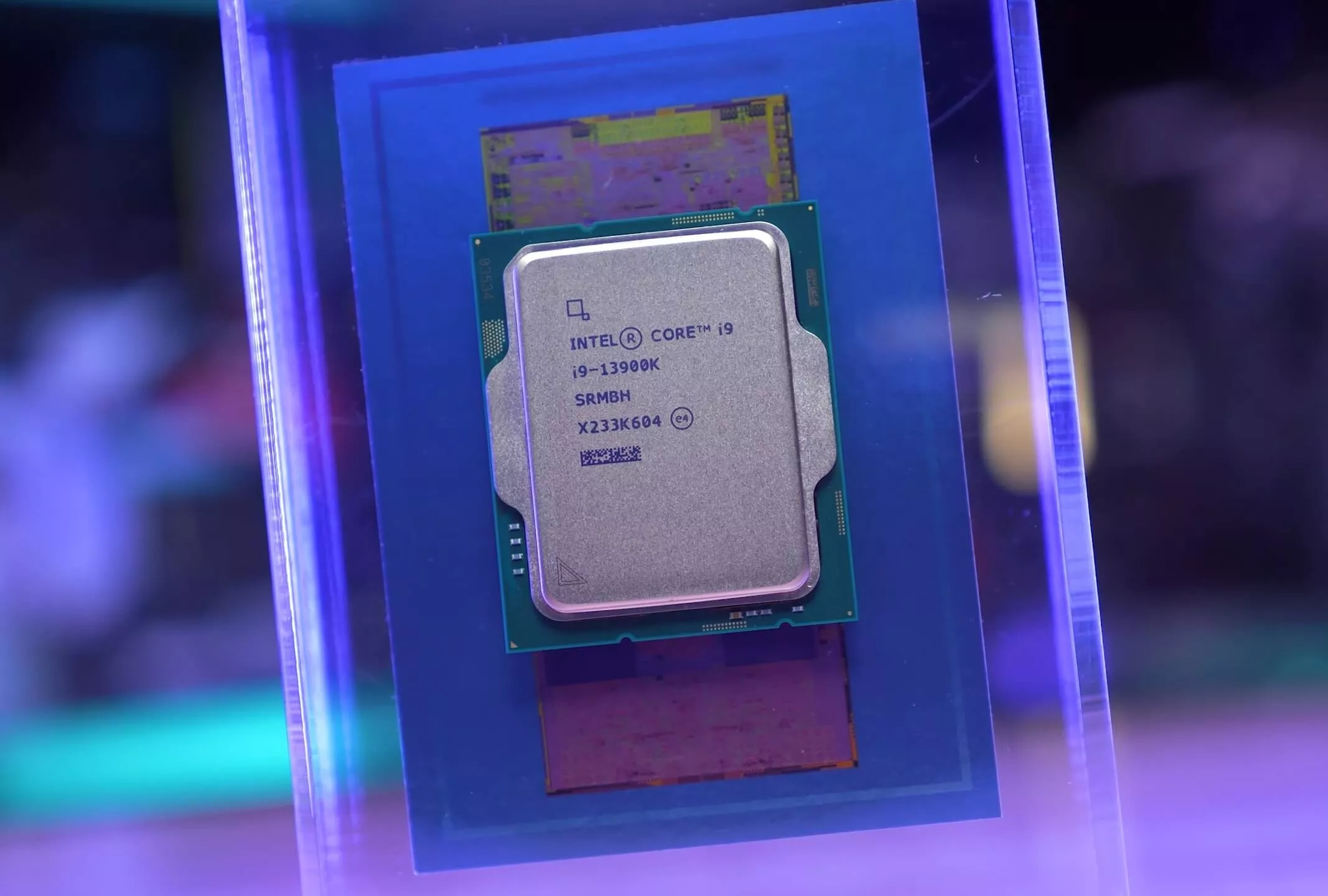What just happened? Intel is receiving more verbal hammerings over its crashing 13th- and 14th-generation CPUs. This time, an Unreal Engine supervisor at ModelFarm has revealed that it is experiencing a 50% failure rate for its systems powered by Core i9-13900K and 14900K processors. If that wasn't bad enough publicity for Intel, he also revealed that the company plans to replace Team Blue's chips with the upcoming Zen 5 Ryzen 9 9950X processors.

Dylan Browne, an Unreal Engine Supervisor and Feature Film VFX at the ModelFarm visual effects studio, posted the damning Intel-chip stats on X. He confirmed that the affected machines were exhibiting the widely reported crashes and instability.
For those curious at work our failure rate for our 13900k and 14900k machines is about 50% so far, any new machine builds going to be 9950x's, production environments need reliability#intel
– Dylan Browne (@DylserX) July 23, 2024
Browne wrote in a follow-up post that two of the chips exhibited instability problems straightaway, while the others took a while longer. He added that the 50% failure rate was within a year and that they are likely using Asus ROG motherboards – the instability is present even when power limits are lowered.
I'm away on a shoot at the moment but can check Thurs or Friday, fairly sure most are ROG ones, they haven't "fully" failed but exhibit the instability even when lowering power limits, haven't tested new bios' yet been on loan to another company for 3 months aha
– Dylan Browne (@DylserX) July 23, 2024
RAD, the company behind the Bink video codec and Oodle data compression technology, said in February that the problem with the chips was a combination of overly optimistic BIOS settings and the high clock speeds and power usage of Intel's processors. It emphasized that there were no bugs in Oodle or Unreal causing the issue.
The crashes have been causing problems for owners of the 13th/14th-gen CPUs for a while now. Trying to play demanding games, often those powered by Unreal Engine 5, results in errors when compiling shaders. Other CPU-intensive tasks such as running Cinebench and Handbrake causes similar problems.
Intel initially recommended reducing overclock and voltage settings to help mitigate some contributing factors. It only identified the problem this week: a faulty microcode algorithm that is mistakenly overvolting the processors.
The company will release a microcode mitigation patch in mid-August via BIOS updates from motherboard OEMs and Windows updates. This is more to prevent the problems occurring on chips that are currently unaffected as those that are experiencing issues are likely to have been damaged and need replacing by Intel.
AMD will undoubtedly be experiencing schadenfreude at Intel's expense, especially as Browne said his firm is switching to Team Red. He said that the Ryzen 9 9950X processors' single-threaded performance was "pretty damn good," adding that his own "5950X is good for single-threaded [performance], and they get better every [generation], not to mention having all core being equal unlike most of Intel's chips."
h/t: Tom's Hardware